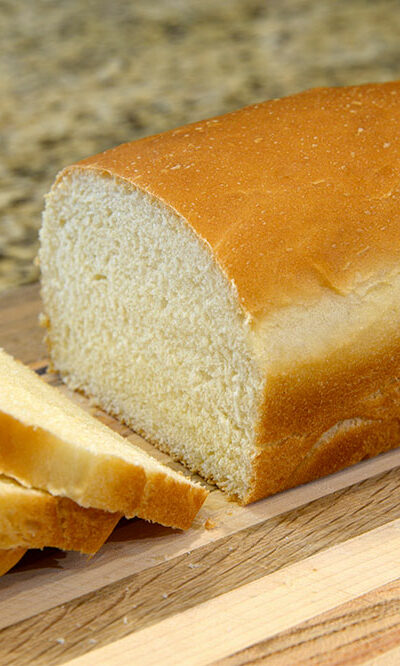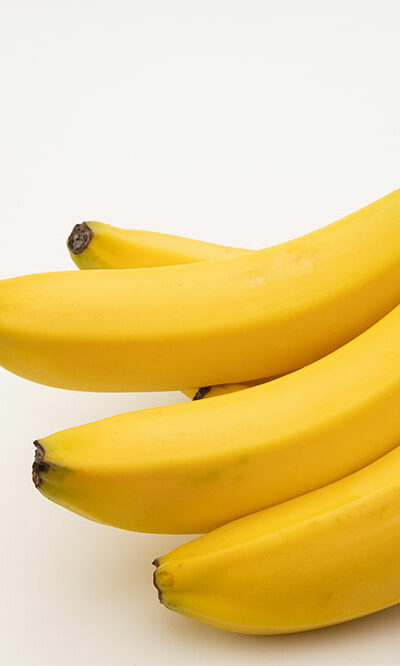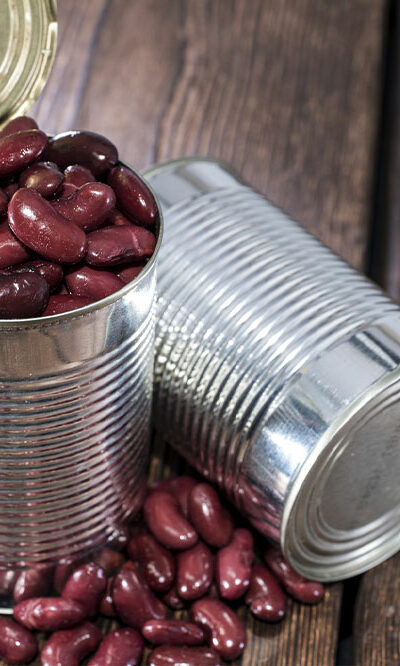
Foods to avoid for managing schizophrenia
Schizophrenia is a mental health condition that affects how one feels, thinks, and behaves. Patients experience a drop in concentration levels, reduce social interactions, and may even have hallucinations. Thankfully, several treatment options help control the symptoms and improve a patient’s quality of life. However, those with schizophrenia must also follow a healthy nutrition plan and choose foods wisely. Here are a few foods to avoid with this mental health condition. Foods containing gluten Studies have shown a link between gluten consumption and schizophrenia. Those who have celiac disease (gluten sensitivity) in their childhood have a greater risk of developing this mental condition. And those who already have the disorder might experience an aggravation of symptoms after eating gluten-based foods. They may also suffer from poor absorption of iron and gut issues. So, it is best to keep this ingredient out of the menu by avoiding foods like bulgur wheat, bread, pasta, cereals, cakes, cookies, and crackers. The symptoms of schizophrenia are said to reduce when these are eliminated from the meal plan. Patients with gut and gastrointestinal problems also show signs of improvement. Artificial sweeteners Artificial sweeteners are commonly used in soft drinks, candy, and canned foods. Since it is an alternative to sugar, many people use it to maintain good health. But while these sweeteners are considered low in sugar, they are problematic for those with mental disorders. They can lead to headaches, seizures, anxiety, depression, learning problems, and worsen other symptoms. Therefore, patients must read food labels to determine the presence of sweeteners and choose foods accordingly. Foods with MSG Monosodium glutamate (MSG) is a sodium salt obtained from glutamic acid. Although the FDA has classified it as a safe ingredient, it is a type of neurotoxin that has been linked to adverse effects on cognitive functioning.










